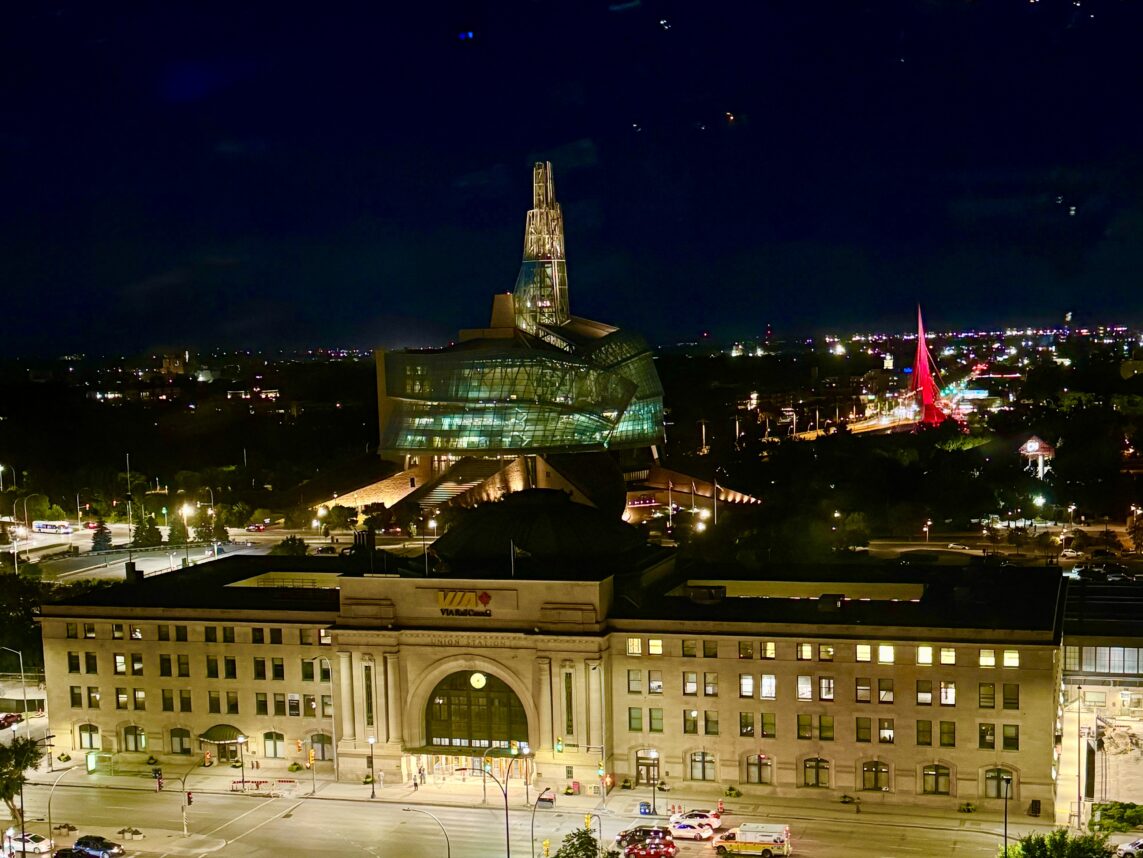The first question asked of the human being in theTorah is God’s question of Adam: “Where are you?”
Pay attention to the Torah’s questions. Read themas if they were italicized, written in red or underlined. For thequestions capture the essence of the Torah’s lesson. “Am I mybrother’s keeper?” “Shall not the judge of all the earth do justice?”It is as if the question came first and the narrative was writtenaround it as its supporting commentary.
Of them all, no question is as profound as thisfirst question: “Where are you?” Adam and Eve, having chosen to eatof the forbidden tree, having disobeyed their one commandment inorder to gain knowledge, suddenly understand the cold reality oftheir separation from one another, from nature, from God, and theyfeel shame. So they hide. They hide from God, from one another, andfrom all they should be and could be. “Where are you?”
When the great Chassidic master Shneur Zalman wasjailed in St. Petersburg, his jailer, a pious Christian, came to himwith a question of faith:
“If God knows all, then why the game ofhide-and-seek; why the question, ‘Where are you?'”
The rabbi looked deeply into the face of thepuzzled jailer, and asked him, “Do you believe that the Scripturesspeak to every generation?”
The pious man replied in the affirmative.
“Well, then, the question is addressed not only toAdam but to you,” the rabbi said. “You have been alive these 44years, where are you?”
Hearing his age quoted exactly, the jailer felt achill run up his spine.
How many years have you been given, and where areyou? Where are you on your journey? How much closer to wisdom? Howmuch nearer to completing the tasks for which you were created? Howmuch closer to your dreams? How much closer to those you love? Howmuch wider your circle of concern? How much deeper your friendships?What did you do with My gift of a year of life? What have you donewith all your years? Where are you?
We begin each new year with a strange attitude. Weare a faith, passionate in our love of life. L’Chaim! recited eachday. But with the new year upon us, we turn to the reality of death,reflecting on the unsettling mystery of the year ahead: “Who shalllive and who shall die? Who will attain the length of days and whowill be taken before their time?”
Only in the reflection of death does each day,each decision, each pursuit take on its true seriousness. Life isfinite. We are finite. There aren’t an infinite number of tomorrowsto accomplish our purposes. Knowing this, we want to hide, to evade,to cry, “Leave me alone to follow my impulses, to have my fun; theserious concern of life can wait!” But in one form or another, Godalways comes searching for us, always asking, “Where are you?”
This week begins the Hebrew month of Elul, themonth given to deep reflecting about the purposes, theaccomplishments and the failures of life. We are given a month tosearch and reflect, to study and to judge ourselves before the newyear begins. It is a time to find a quiet corner of life and ask,with all honesty and courage, God’s penetrating question, “Where areyou?”
It isn’t easy. To look at ourselves truthfully –without the defenses, the evasion, the excuses normally marshaled tocover up our disappointments and shortcomings — can be frightening.For this reason, the tradition added Psalm 27, a powerful statementof faith, to the daily liturgy:
Mine is the faith that I shall surely seethe
Lord’s goodness in the land of the living
Hope in the Lord and be strong.
Take courage, hope in the Lord.
Shabbat Shalom and Shana Tova.
Ed Feinstein is rabbi at Valley Beth Shalom inEncino.
Read a previous week’s Torah Portion byRabbi Feinstein
AUGUST 29, 1997 — What’s Wrong with aCheeseburger?
AUGUST 22, 1997 — Finding the AdultWithin
AUGUST 15, 1997 — Make the Time Count
AUGUST 8, 1997 — ‘What’s the Meaning ofLife
AUGUST 1, 1997 — A Warning toRevolutionaries






















 More news and opinions than at a Shabbat dinner, right in your inbox.
More news and opinions than at a Shabbat dinner, right in your inbox.